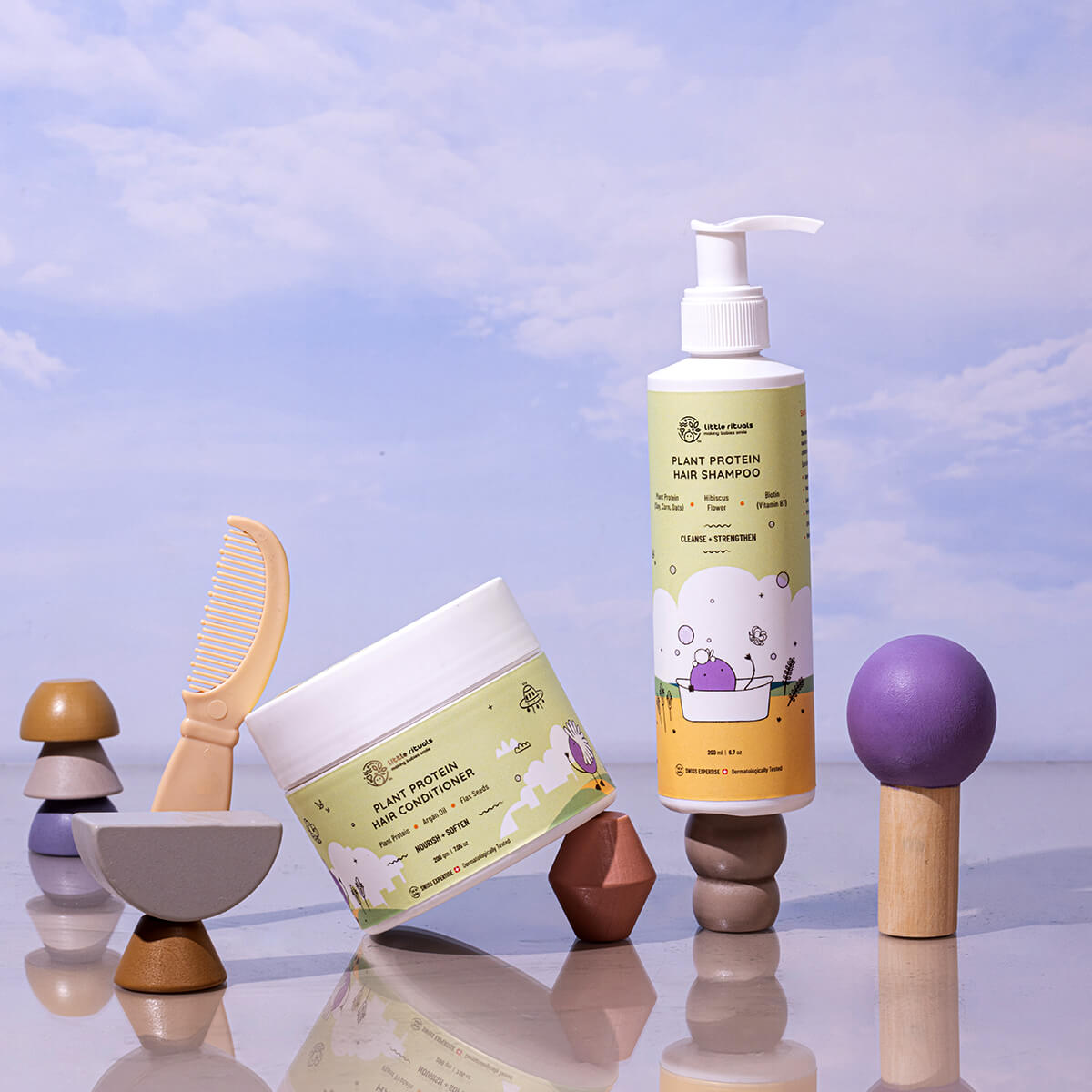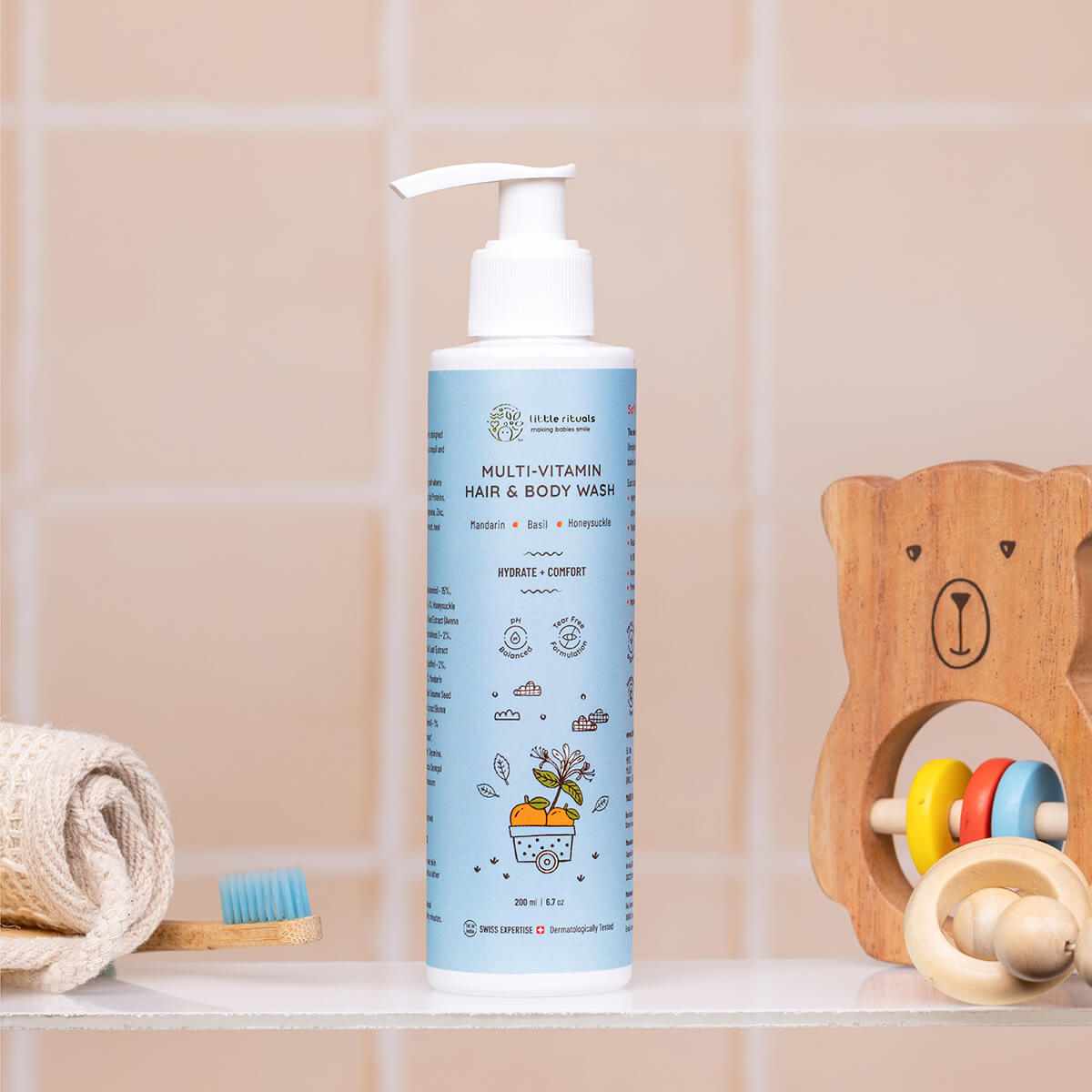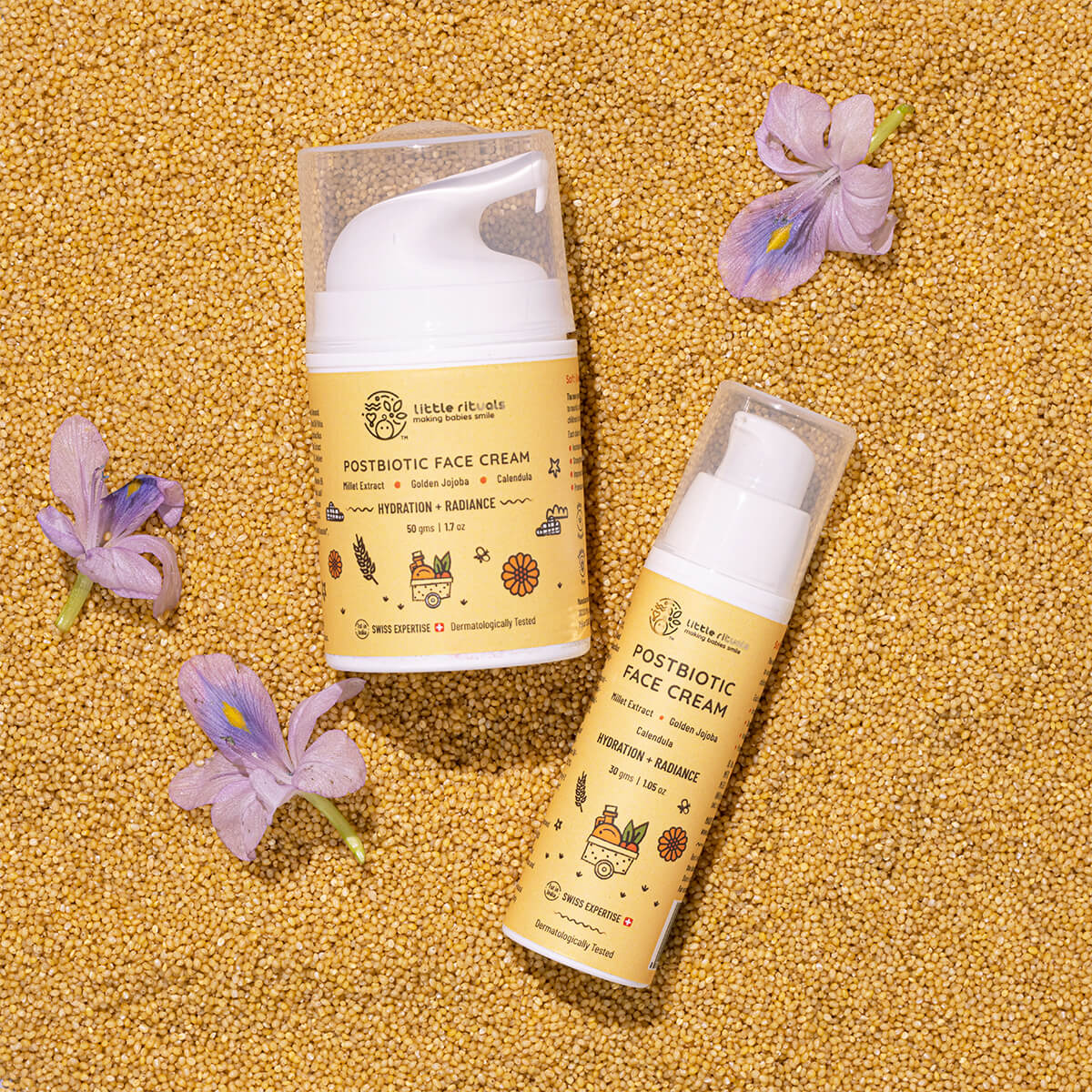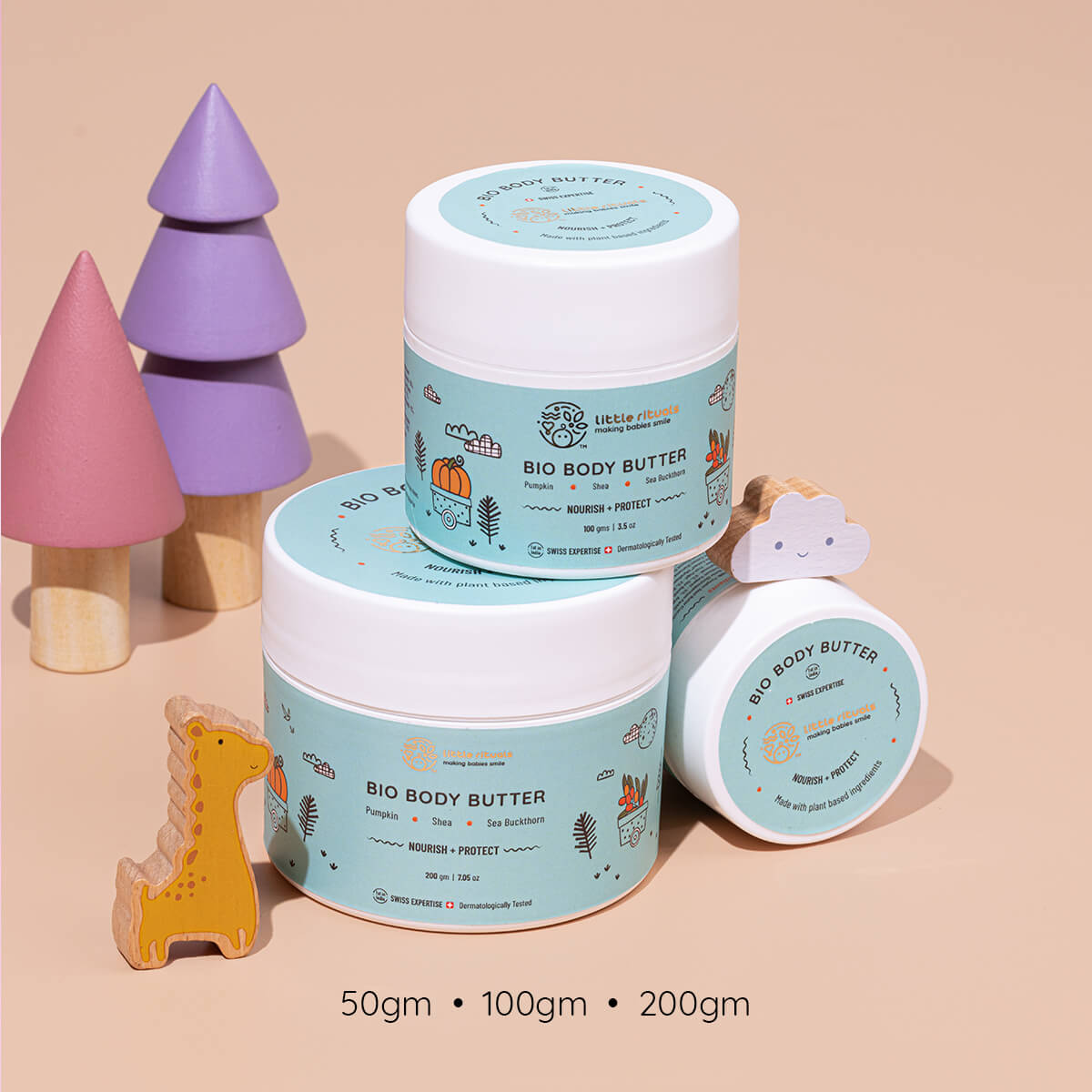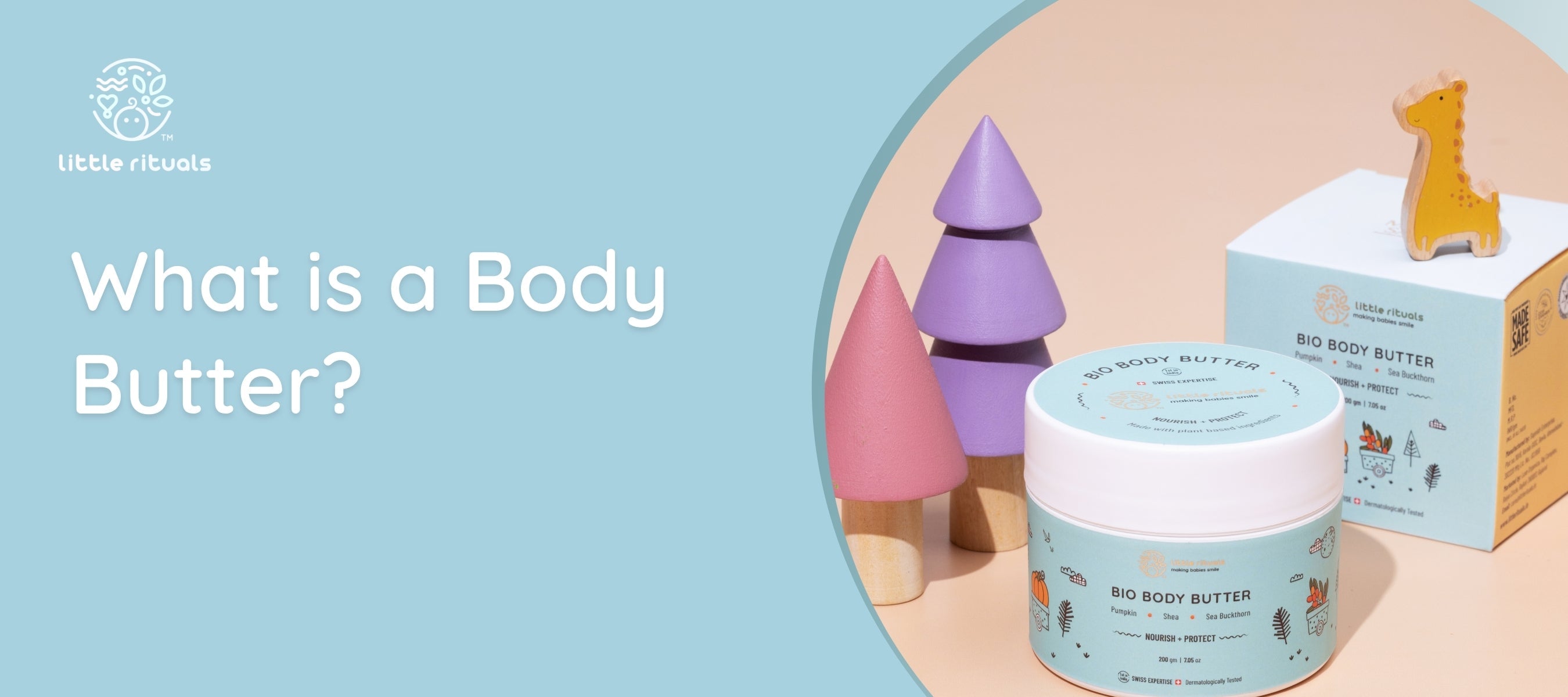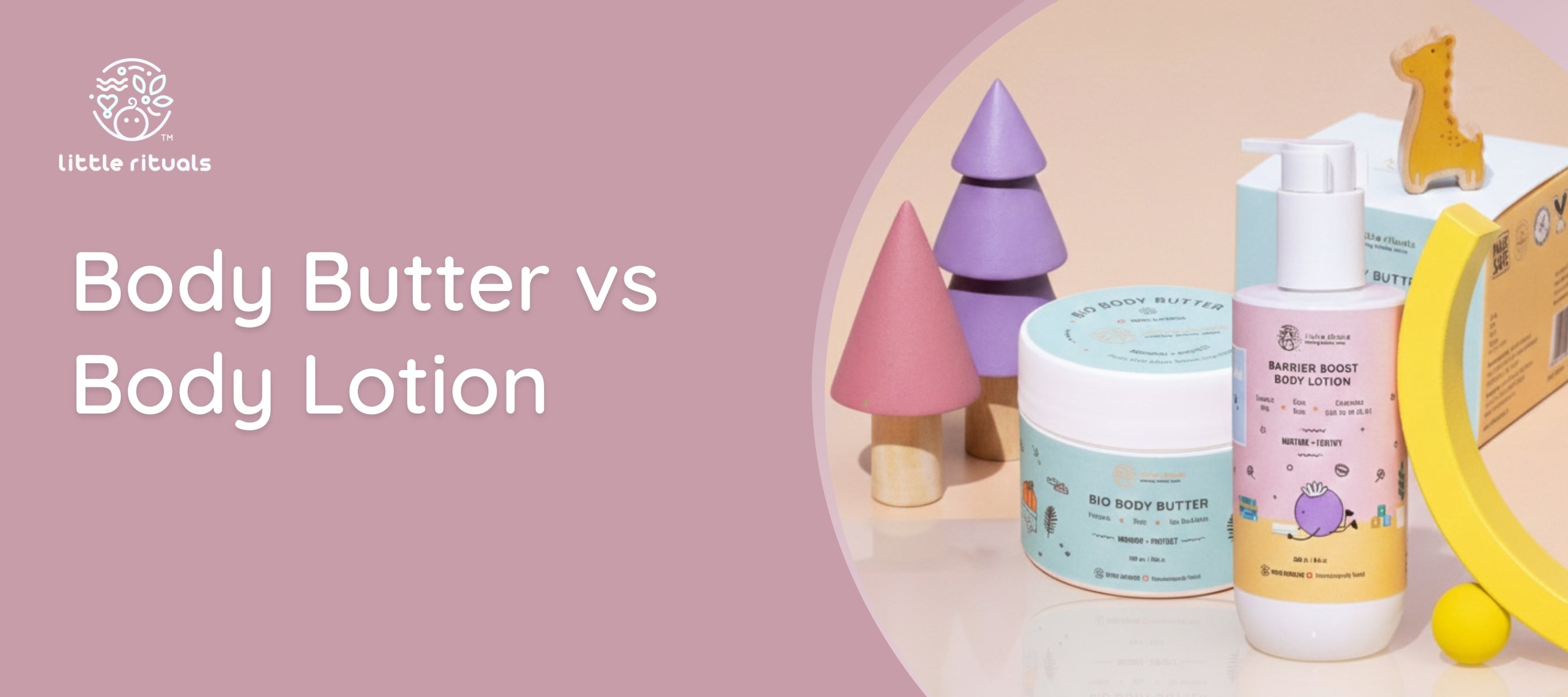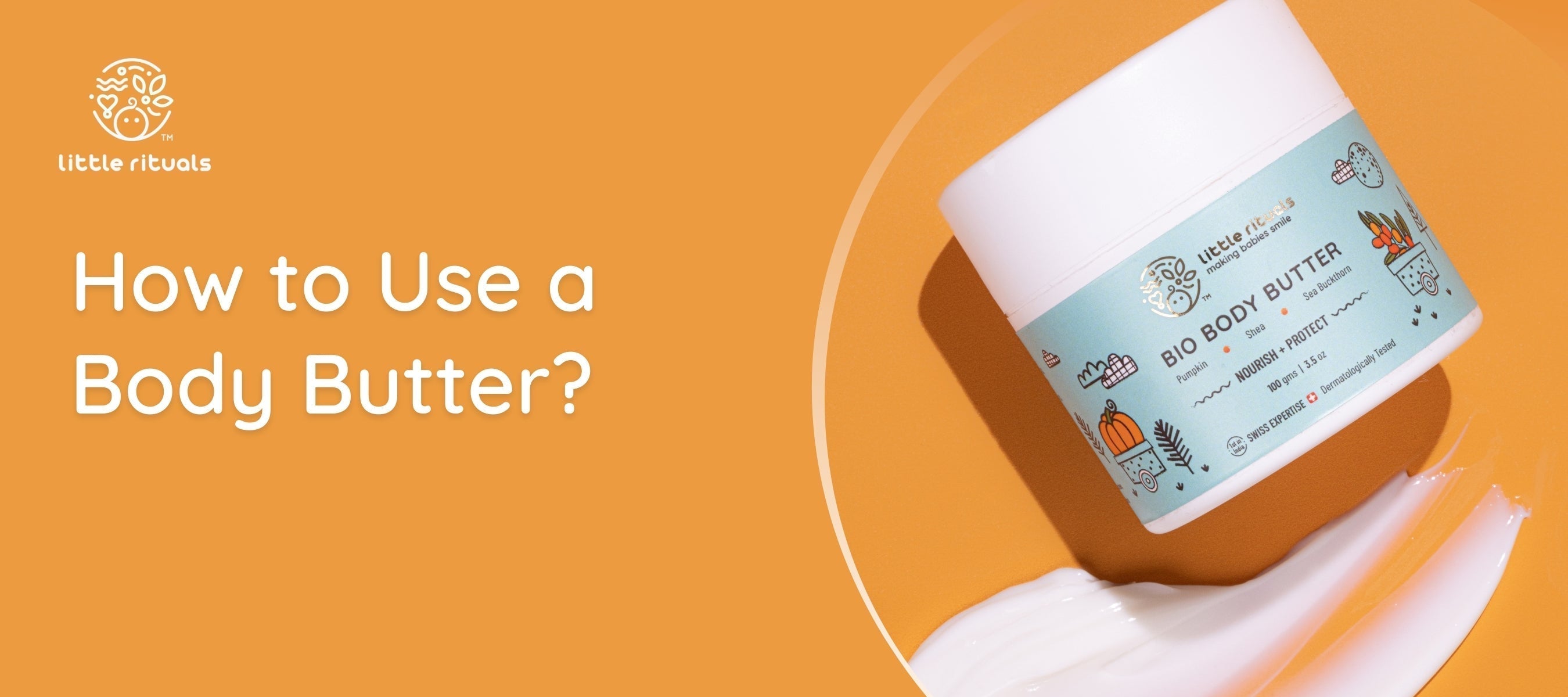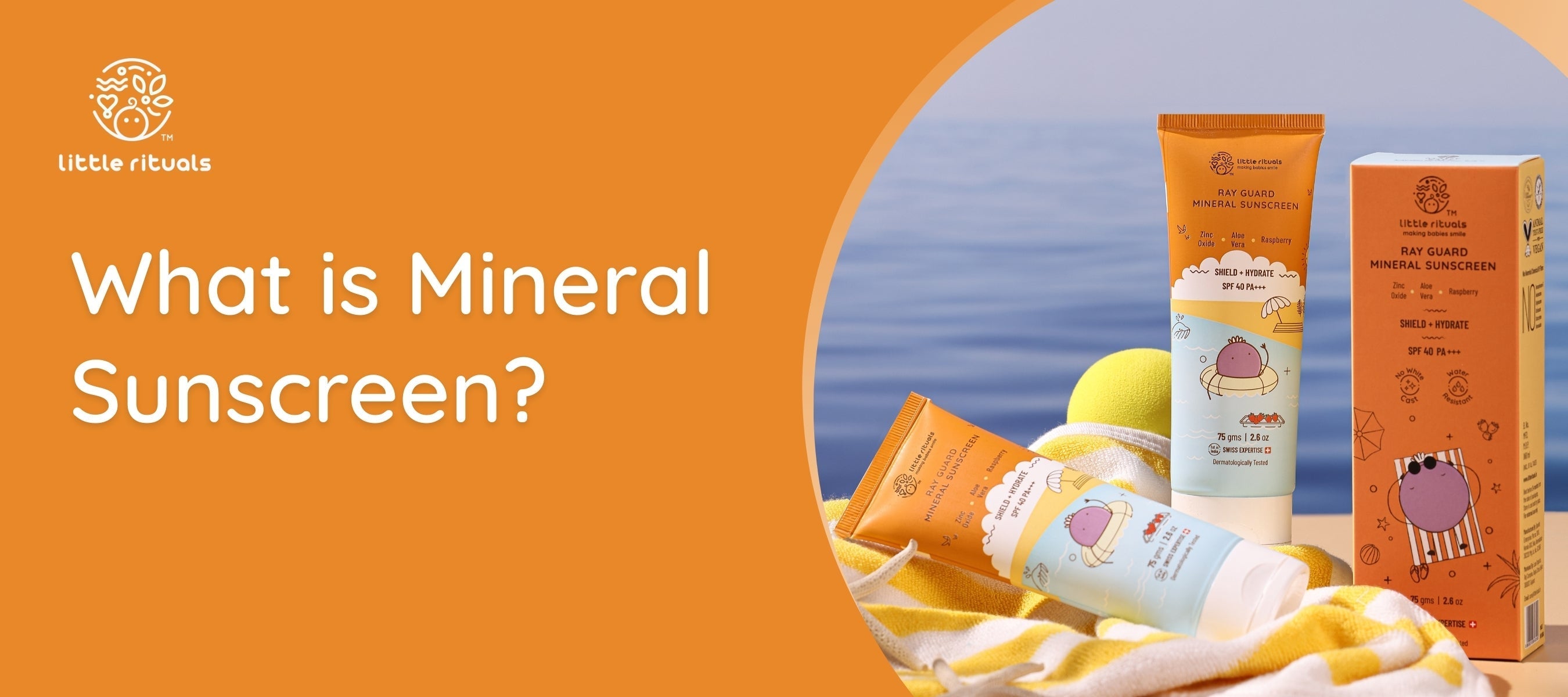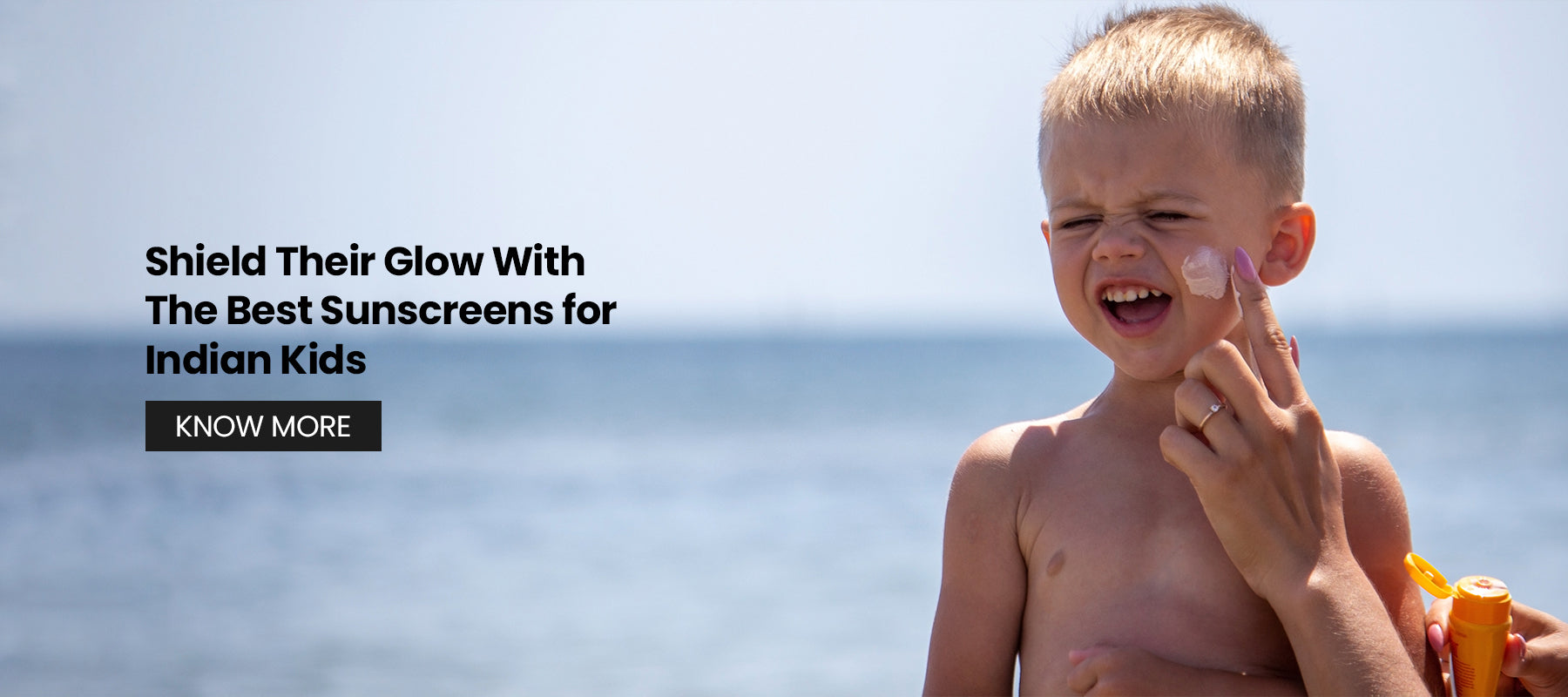
Shield Their Glow With The Best Sunscreens for Indian Kids
When it comes to parenting in India, skincare is often an afterthought—especially for children. However, protecting young skin from the sun’s harmful ultraviolet rays is as essential as ensuring they eat a nutritious meal or stay hydrated in the summer. In a country with tropical climates, strong UV indexes, and a rising number of skin-related concerns among children, sunscreen is not a luxury—it’s a necessity.
So, how do you choose the best sunscreen for Indian kids? How do you balance protection with safety, especially for delicate, developing skin? In this guide, we break down everything Indian parents need to know about sun protection, backed by science and tailored to your child’s needs.
Why Sunscreen Is a Must for Indian Children
India's geographical location exposes children to high levels of UV radiation nearly year-round. According to data from the Indian Meteorological Department, UV indices in major Indian cities often exceed safe limits, especially during peak hours (10 a.m. to 4 p.m.). Overexposure during childhood is a critical risk factor for future skin cancers, including melanoma and basal cell carcinoma.
Children’s skin is thinner, more permeable, and more prone to damage from UV rays than adults'.

Understanding What Makes a Good Kid’s Sunscreen
Before picking up the first tube off the shelf, here are a few factors every parent should consider:
1. Broad Spectrum Protection
This means the sunscreen shields against both UVA and UVB rays. UVA rays cause aging and long-term damage, while UVB rays are primarily responsible for sunburns. A broad spectrum sunscreen for kids offers complete coverage and is critical in Indian climates.
2. SPF 30 or Higher
The American Academy of Pediatrics recommends using sunscreens with an SPF of 30 or more. For Indian kids who are frequently outdoors—whether at school, on the playground, or on summer vacations—SPF 50 is ideal.
3. Physical (Mineral) vs. Chemical Sunscreens
-
Mineral sunscreens, which use zinc oxide or titanium dioxide, sit on top of the skin and physically block UV rays. They are less likely to irritate sensitive skin and are a great natural sunscreen for children.
-
Chemical sunscreens absorb UV rays and dissipate them as heat. While often lighter in texture, they may cause allergic reactions in some kids.
4. Water and Sweat Resistance
Kids play hard and sweat harder. Look for a sweatproof sunscreen for kids that won’t run into their eyes or wear off during physical activity.
5. Fragrance-Free and Hypoallergenic
Fragrances and synthetic ingredients can irritate young, sensitive skin. A child-friendly sunscreen is one that is gentle, safe, and tested for pediatric use.
Recommended Sunscreens for Indian Kids: Little Rituals Ray Guard Mineral Sunscreen for Kids
Crafted with non-nano zinc oxide and enriched with nourishing ingredients, this sunscreen ticks all the right boxes:
-
Broad spectrum protection
-
Sweatproof and water-resistant
-
Fragrance-free and dermatologically tested
-
No parabens, sulfates, or artificial dyes
What sets this sunscreen apart is its commitment to safety—free from endocrine-disrupting chemicals, it’s ideal for even babies as young as six months. It spreads easily without leaving a white cast and is perfect for daily use.
Related Blog: The Importance of Sun Protection: Why Baby Sunscreen is a Must
What the Science Says
Numerous studies validate the use of sunscreen in children. A 2019 study published in JAMA Dermatology found that consistent sunscreen use during childhood reduced the incidence of melanoma by 50–80%. The World Health Organization also stresses that protective habits started young like applying sunscreen can significantly reduce cumulative sun damage.
More importantly, studies indicate that physical sunscreens containing non-nano zinc oxide are safer for children as they do not penetrate the skin barrier and cause systemic exposure.
In hot and humid conditions typical of Indian summers, sweatproof sunscreen for kids becomes more than a convenience; it is essential to ensuring protection that lasts through outdoor play, swimming lessons, and school excursions.

How to Apply Sunscreen on Kids the Right Way
Even the best sunscreen won’t work if not used properly. Here's how to ensure maximum protection:
-
Apply Generously – Most parents use too little sunscreen. You need about 1 ounce (a shot glass full) to cover the entire body.
-
20 Minutes Before Exposure – Apply sunscreen at least 15–20 minutes before going outside.
-
Reapply Every 2 Hours – And immediately after swimming or sweating, even if the sunscreen claims to be water-resistant.
-
Don’t Miss Spots – Ears, neck, tops of feet, and under straps are often forgotten.
-
Use Daily – UV rays can penetrate through clouds and glass, so make sunscreen a daily routine.
Addressing Common Parental Concerns
Many Indian parents worry about the long-term use of sunscreen on kids. Here's what the experts say:
-
Does sunscreen block vitamin D production?
Sunscreen may slightly reduce vitamin D synthesis, but not to clinically significant levels. Moreover, 10–15 minutes of early morning sun exposure is usually enough. The risks of UV damage far outweigh the minor impact on vitamin D. -
Can babies wear sunscreen?
For infants under 6 months, it's best to avoid direct sunlight and use protective clothing. For babies older than 6 months, mineral sunscreens like Ray Guard Mineral Sunscreen by Little Rituals are safe and effective.
A Thoughtful Choice for Thoughtful Parents
Choosing the best sunscreen for Indian kids goes beyond SPF numbers. It’s about selecting a product that aligns with your child’s skin type, your lifestyle, and your values as a parent. Whether you're looking for a child-friendly sunscreen that can endure summer camps or a natural sunscreen for children gentle enough for babies, one name stands out—Little Rituals.
Their broad spectrum sunscreen for kids is designed with Indian skin and climate in mind. It’s more than protection—it’s a promise. A promise to safeguard your child’s innocence and energy, while letting them play freely under the sun.
Let your kids enjoy the outdoors without worrying. Choose Little Rituals—where health, safety, and happiness come together in every bottle.
FAQs
Q1: At what age should kids start using sunscreen?
Children over six months of age can start using mineral-based sunscreens. Babies younger than this should be kept out of direct sunlight.
Q2: What’s the best sunscreen for Indian kids with sensitive skin?
Sunscreens like Little Rituals’s Ray Guard Mineral Sunscreen and Ray Shield are ideal for sensitive skin due to its hypoallergenic and non-toxic formulation.
Q3: Can sunscreen cause skin irritation in kids?
Yes, especially if it contains harsh chemicals or fragrances. Always do a patch test and choose a child-friendly sunscreen that is dermatologically tested.
Q4: How often should sunscreen be reapplied during outdoor play?
Every 2 hours, or immediately after swimming or sweating, even if it is labeled sweatproof.
Q5: Should kids use sunscreen indoors?
Yes, especially if they are near windows or exposed to screens emitting blue light. Daily application builds good habits and offers all-around protection.
